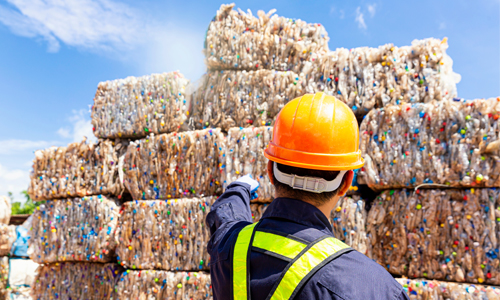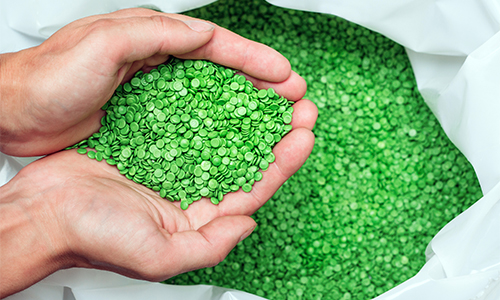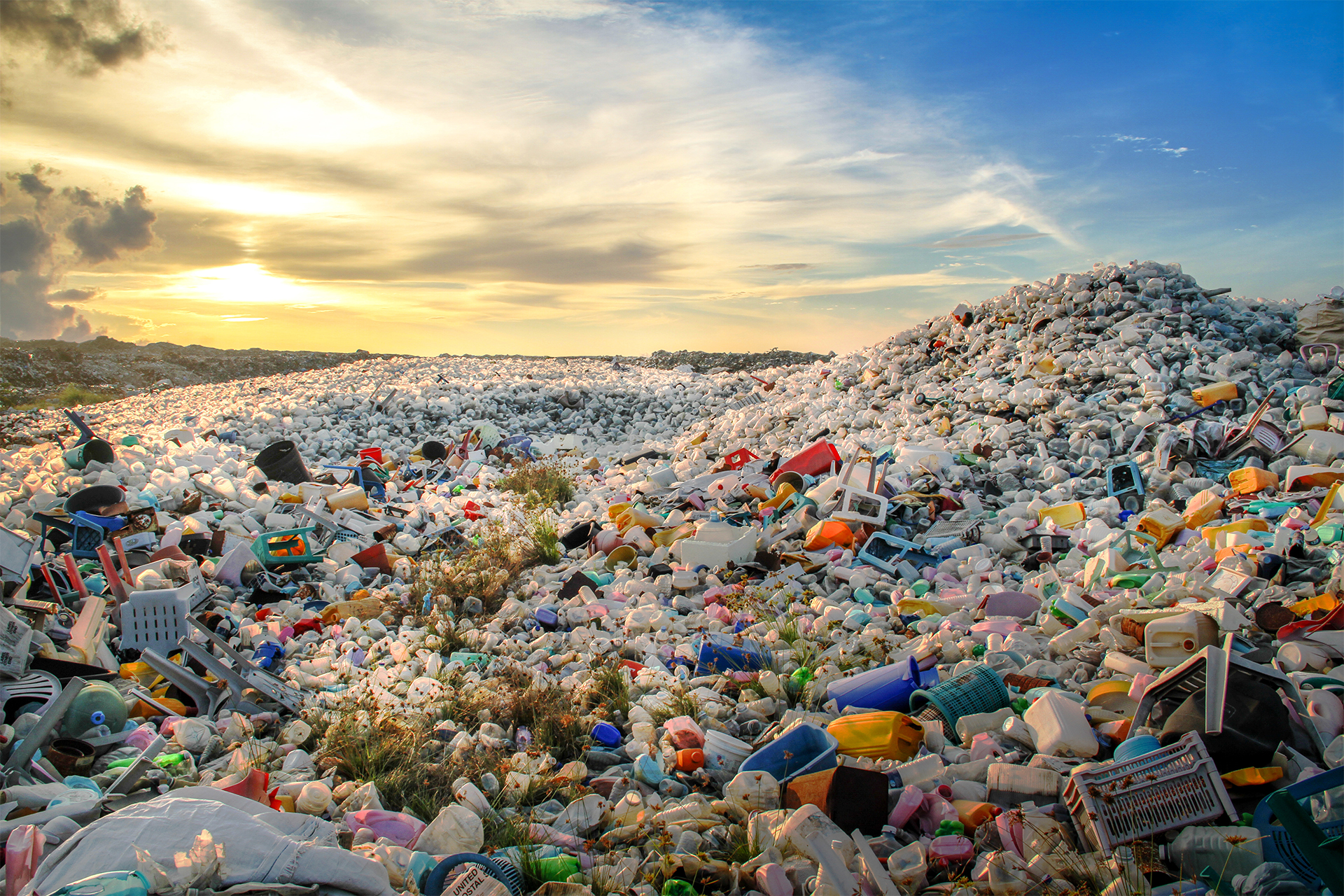
Plastic recycled materials refer to plastics that have undergone a process of collection, sorting, cleaning, and reprocessing after their initial use. Instead of being discarded, these materials are diverted from the waste stream and transformed into new products, reducing the demand for new raw plastic production. The recycling process typically involves breaking down the used plastic into smaller pieces, which are then melted and reshaped into new items. Commonly recycled plastics include PET (polyethylene terephthalate), HDPE (high-density polyethylene), and LDPE (low-density polyethylene).The benefits of using plastic recycled materials are significant for both the environment and the economy.
First and foremost, recycling helps mitigate the environmental impact of plastic pollution by reducing the amount of plastic waste that ends up in landfills and oceans. It conserves natural resources by decreasing the need for new plastic production, which involves extracting and processing raw materials like petroleum.Additionally, recycling contributes to energy conservation as the process often requires less energy than manufacturing new plastic. Economically, it fosters the growth of a circular economy, promoting the reuse of materials and reducing dependence on finite resources. By incorporating plastic recycled materials into new products, businesses can play a crucial role in sustainable practices, aligning with global efforts to address plastic pollution and climate change.


